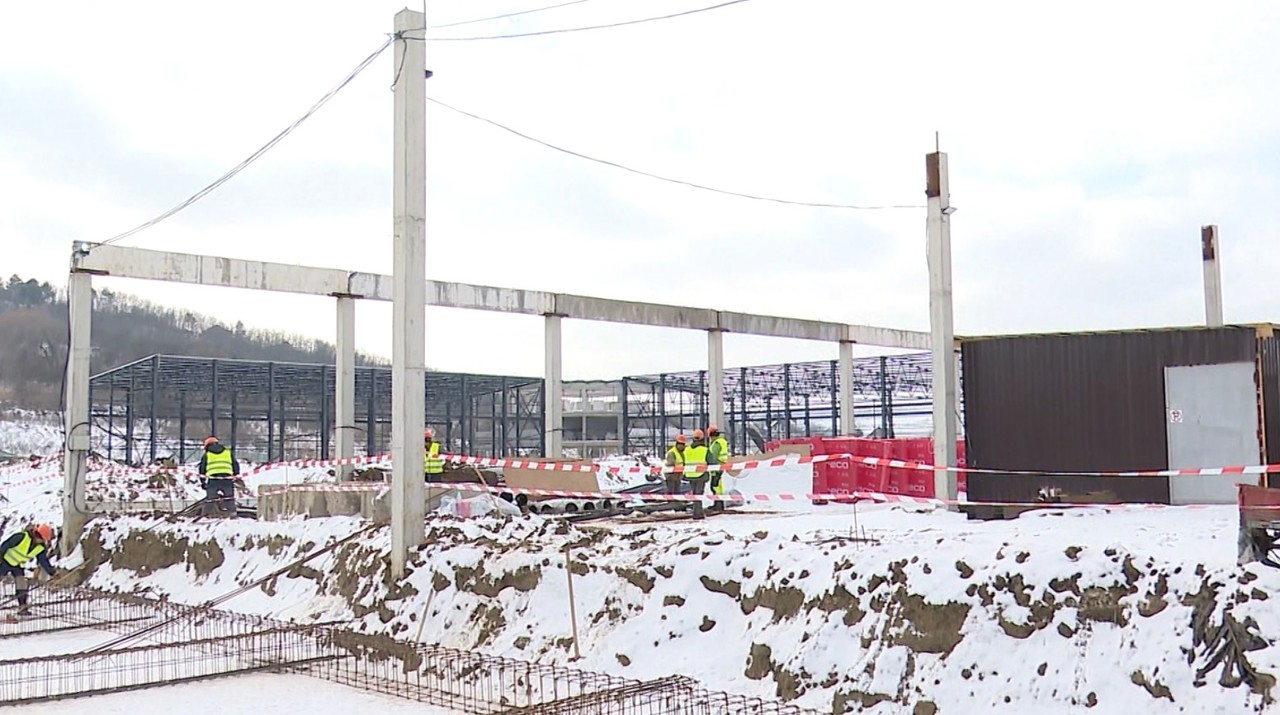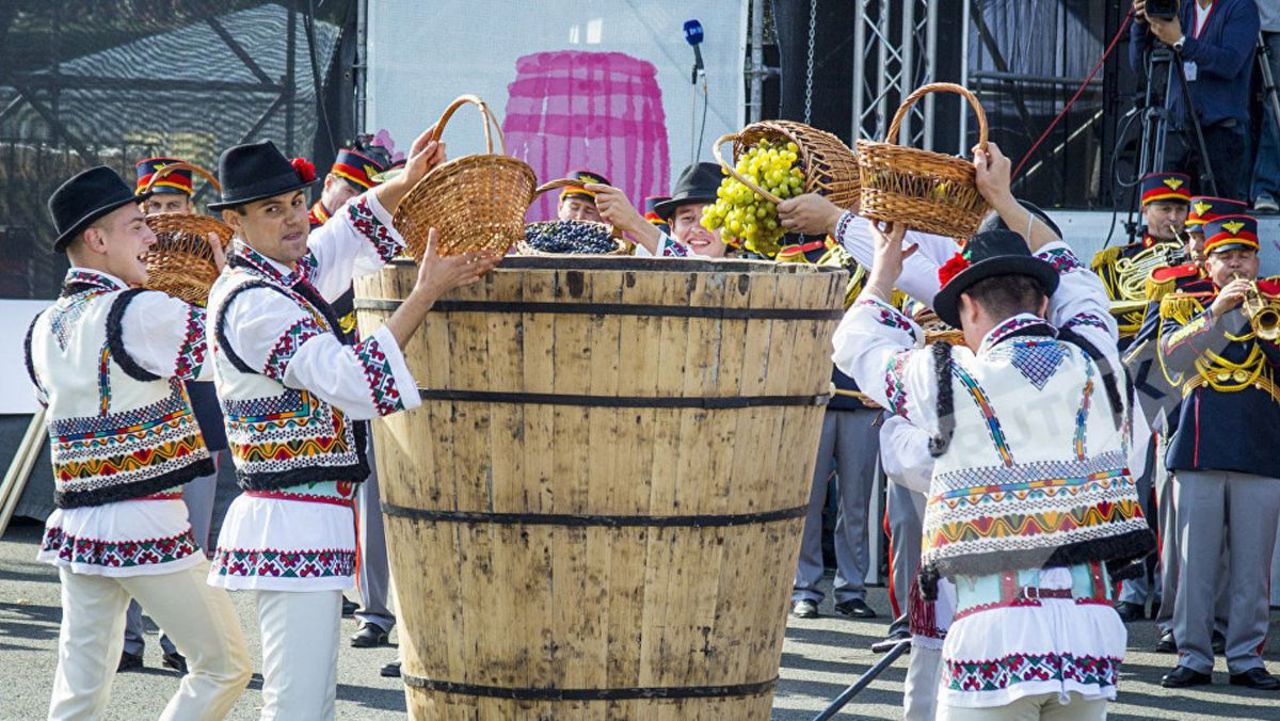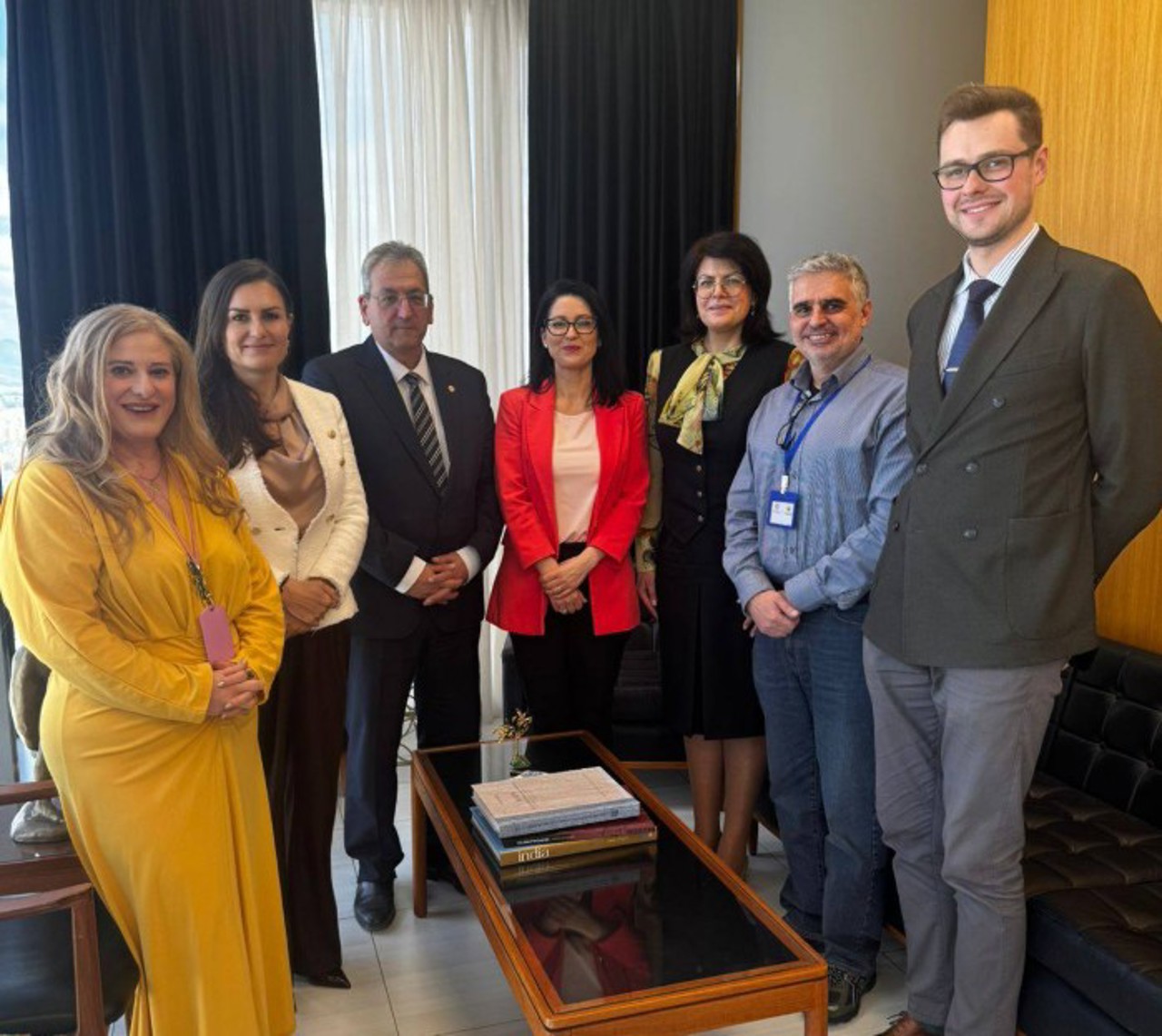Press Review: The most important year in the history of the Republic of Moldova
Publications in the Republic of Moldova are increasingly focusing on the parliamentary elections scheduled for 2025. Also, media institutions are discussing the electoral risks associated with the current energy situation in the country.

Ziarul de Garda headlines, "The most important year in the history of the Republic of Moldova." According to columnist Victor Moșneag, 2025 is projected to be a pivotal year for the independent state of Moldova. It will either mark a significant move away from dependency on Russia and a firm advancement toward integration with the civilized world, or it may result in a setback that could delay or even block the country's path toward the European Union. Moșneag notes that the phrase "Moscow's hand" has become a cliché over the years, and the distinctions between pro-EU and pro-Russian sentiments seem to have lost their significance. However, in the context of the upcoming parliamentary elections, these distinctions are more relevant than ever. The elections will dictate the country’s foreign policy until 2030, a year when Moldova might be on the verge of securing EU membership, warns Moșneag. Sources within Chișinău and the EU suggest that the goal is to complete Moldova's accession negotiations with the current European Commission, which concludes its mandate in 2029—coinciding with the expiration of the Parliament elected this year in Moldova.
The portal deschide.md also emphasizes the importance of the upcoming parliamentary elections, stating that Russia is leveraging the energy crisis in the left bank of the Nistru as an information weapon aimed at influencing election outcomes. Former Energy Minister Victor Parlicov stated in an interview with journalist Dorin Galben that the Russian Federation is manipulating the Transnistrian region to create instability in Moldova, as reported by realitatea.md. He explained that Moscow is artificially generating a humanitarian crisis on the left bank of the Nistru, causing suffering for the population in that region, with the ultimate goal of provoking discontent on the right bank. Parlicov highlighted that the situation in the transnistrian region has also contributed to rising electricity prices on the right bank and warned that Russia will continue to exploit the energy crisis to shift the political balance in favor of a pro-Russian regime during the upcoming parliamentary elections.
"There is the Trans-Balkan corridor as an alternative route for Russian gas delivery, but currently, Moscow's interest lies in exacerbating the energy shortage problem in the transnistrian region and blaming Chișinău," says Galiya Ibragimova, a political science expert, on the "Diplomatic Dimension" program on Moldova 1 TV. The expert points out that the Tiraspol regime is desperately holding onto power and will refuse any assistance from Chișinău or Kyiv. Meanwhile, the Chișinău authorities are cautious about pushing the issue with the self-proclaimed authorities on the left bank of the Nistru to avoid creating additional security risks in the region.
Political analyst Anatol Țăranu believes that the relationship between the two banks of the Nistru will largely depend on events in Ukraine and the terms of any future peace treaty. In the podcast "In Essence..." from Radio Free Europe, he noted that the Transnistrian region would certainly be part of the negotiations. "Today, no one can predict whether the Transnistrian region will be included in the concessions made by the West or those put forward by Russia," Țăranu said. He argued that to ensure sustainable peace in Ukraine, Russia may demand that its influence and military presence in the transnistrian region be maintained. Although Moldova is a minor player in this scenario, Țăranu asserts that the country must have a clear stance when global decision-makers pursue agreements that will also influence Moldova's future.






